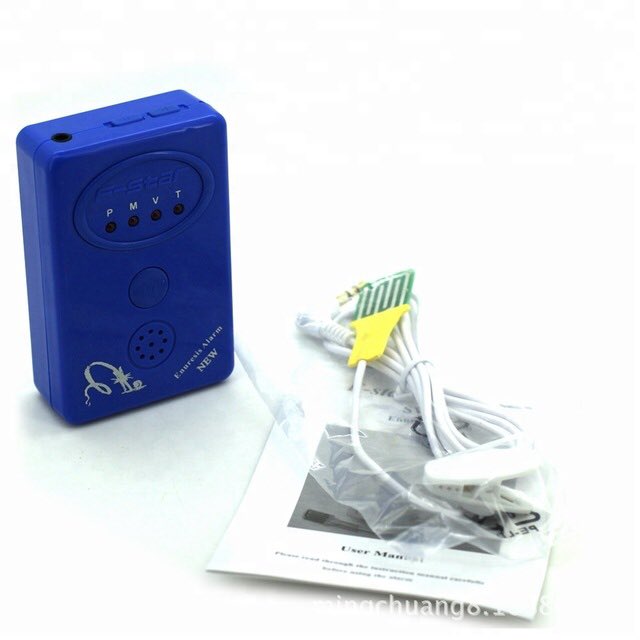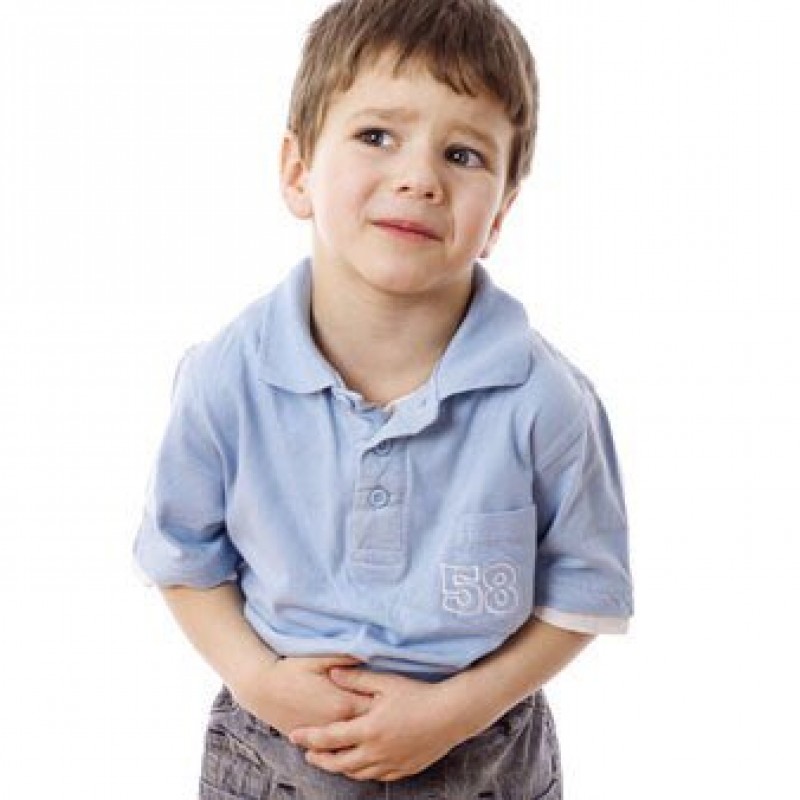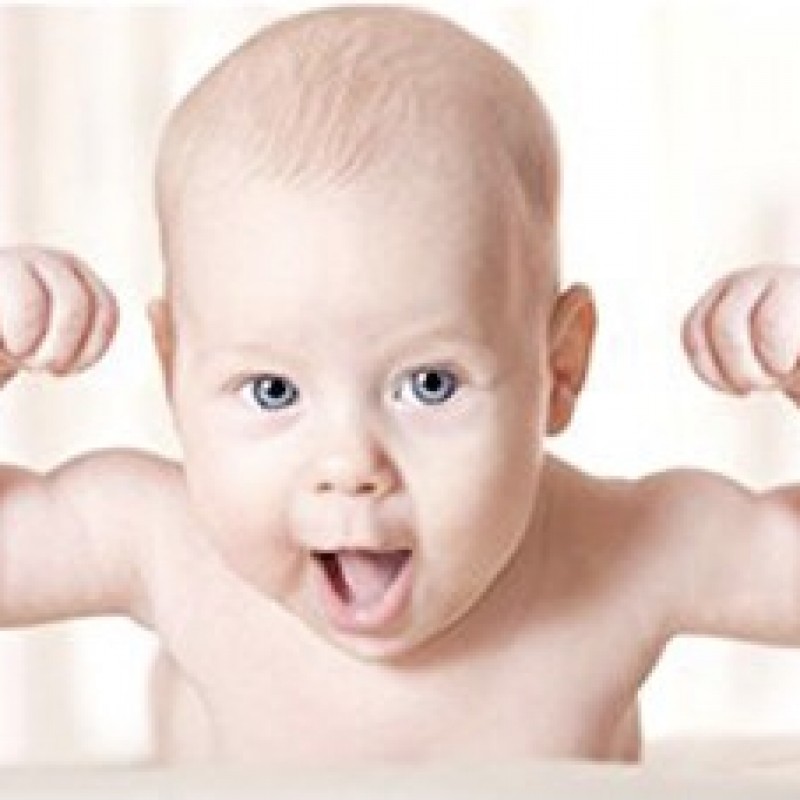involuntary urination
It is bed-wetting after a child reaches an age when they are expected to stay dry at night.
In general, bed-wetting before age 7 is not a cause for concern. At this age, your child may continue to develop nighttime bladder control.
If bed-wetting continues, treat the problem with patience and understanding.
Symptoms
Most children are toilet trained by age five, but there is no set date for them to gain bladder control.
Between the ages of five and seven, bed-wetting remains a problem for some children. After the age of seven, bed-wetting continues with a small number of children.
When do you visit the doctor?
Sometimes bed-wetting can be a sign of an underlying condition that needs medical attention.
Your child has been bed-wetting after the age of 7
Your child has started bed-wetting after several months of staying dry at night When there is pain on bedwetting, unusual thirst, or red urine
Causes
Small bladder
It is possible that the child's bladder has not grown enough to hold the urine that is produced during the night.
Inability to perceive a full bladder
If the nerves that control the bladder mature slowly, a full bladder won't wake the child — especially if the child is in a deep sleep.
Hormonal imbalance
During infancy, some children do not produce antidiuretic hormone (ADH) to slow urine production at night.
Urinary tract infection
This infection may make it difficult for your child to control urination. Signs and symptoms may include bed-wetting, red urine and pain while urinating.
Sleep apnea
Sometimes bed-wetting is a sign of obstructive sleep apnea, a condition in which a child's breathing stops during sleep, often as a result of diet or inflamed or enlarged tonsils.
Other signs and symptoms may include snoring and daytime sleepiness.
Diabetes
Bed-wetting may be the first sign of diabetes for a child who doesn't usually bed-wetting. Other signs and symptoms may include passing large amounts of urine, increased thirst, fatigue and weight loss despite a good appetite.
Chronic constipation
The same muscles are used to get rid of stool and urination. When constipation persists for a long time, these muscles may malfunction and contribute to bed-wetting at night.
A problem with the urinary tract or nervous system
Rarely, bed-wetting is associated with a defect in the nervous or urinary system.
Risk factors
Bed-wetting can affect anyone, but it is twice as common in boys as it is in girls.
Stress and anxiety. Stressful events, such as becoming an older brother or sister, starting a new school or sleeping away from home, may lead to bed-wetting.
- family history
If one or both of the child's parents wet the bed like a child, their child is more likely to wet the bed as well.
Attention Deficit Hyperactivity Disorder (ADHD)
Bed-wetting is more common in children with attention deficit hyperactivity disorder (ADHD).
Complications
Bed-wetting without a physical cause is not a health risk. However, it may cause:
Feelings of guilt and embarrassment, which can lead to low self-esteem
Loss of opportunities to engage in social activities
Rashes on the lower part and genital area of the child — especially if your child sleeps in wet underwear
Diagnosis
Discuss symptoms, fluid intake, family history, and bowel and bladder habits
Urine tests to check for signs of infection or diabetes
X-rays or other imaging tests of the kidneys or bladder to look at the structure of the urinary tract
Other urinary examinations as needed
Treatment
Most children outgrow bed-wetting on their own. If treatment is needed, it can depend on discussing options with a doctor and determining what's best.
If your child has no accidents or health issues, lifestyle changes, such as avoiding caffeine entirely and limiting fluid intake at night, can make a difference.
However, if lifestyle changes are not found or if the child is afraid of bed-wetting, the child can receive some additional treatments to help him.
If you find causes of bed-wetting, such as constipation or sleep apnea, they should be treated right away before any other treatments are given.
Wetness Alarms

These small, battery-powered devices — available over the counter at most drugstores — connect to wetness sensors on your child's pajamas or bedding. When the sensors sense wetness, an alarm goes off.
The ideal is for the wetness alarm to go off as soon as the child starts urinating, at the same time to help wake him up, stop the flow of urine and go to the toilet.
If the child is sleeping heavy, another person may need to hear the alarm and wake the child.
If you try a wet alarm, give it plenty of time to work. It often takes one to three months to see any kind of response and up to 16 weeks to have dry nights.
Wetness alarms are effective for many babies and may provide a better long-term solution than medications.
medicines
As a last resort, your doctor may prescribe medication for a short period of time to stop bed-wetting. These include:
Desmopressin: slows the production of urine at night. But drinking too much fluid with the medication can cause problems, and it should be avoided if the child has symptoms such as fever, diarrhea or nausea.
Desmopressin is given orally as a tablet and is for use only in children over 5 years of age.
Nasal spray formulations containing desmopressin are no longer recommended for bed-wetting due to the risk of serious side effects.
An anticholinergic drug, such as oxybutynin
It reduces bladder contractions and increases bladder capacity, especially if bed-wetting also occurs during the day. This medicine is usually used in combination with other medicines and is generally recommended when other treatments have failed.
- imipramine
A review of 64 trials concluded that imipramine is effective in reducing bedwetting. Children treated with imipramine had one wet night per week. The relapse rate is high when the drug is stopped.
Lifestyle and home remedies
Reduce fluid intake in the evening
Adequate fluid intake is important, so there is no need to limit how much fluid a child drinks in a day. However, he can be encouraged to drink fluids in the morning and afternoon so that he is not thirsty in the evening.
Avoid soft drinks and caffeinated foods
Children should avoid caffeinated soft drinks at any time of the day. This is because caffeine can irritate the bladder, and should be avoided in particular in the evening.
Encouraging frequent emptying of the bladder before bedtime
Bladder emptying is urination at the beginning of work, before bedtime, and just before bedtime. The child should be reminded that it is okay to go to the bathroom at night if necessary.
Encourage and reward the child morally and materially when he does not wet the bed and the nights are dry.
It can be encouraged to go to the bathroom regularly during the day
During the day and evening, the child can be encouraged to urinate every two hours or so, or just frequently enough to avoid a feeling of urgency


